Results
-
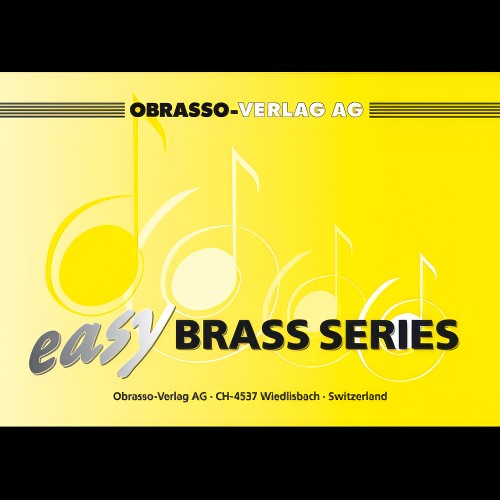 £47.60
£47.60Peace Perfect Peace (Brass Band - Score and Parts) - Mayhew, Kevin - Mabon, Cameron
Slightly reduced Brass Band instrumentation (no rep cornet, no 2nd horn, no 2nd trombone part)
Estimated dispatch 7-14 working days
-
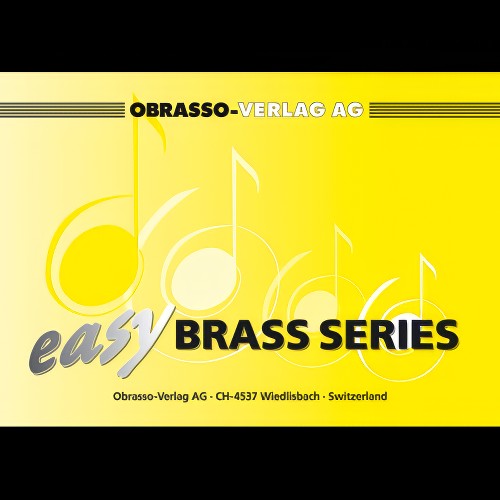 £54.20
£54.20Pictures at an Exhibition (Brass Band - Score and Parts) - Mussorgsky, Modest - Hume, Rob J.
Slightly reduced Brass Band instrumentation (no rep cornet, no 2nd horn, no 2nd trombone part)Includes:Promenade and GnomusThe Old Castle (Il Vecchio Castello)Ballet of the Chicks in their ShellsThe Great Gate of Kiev
Estimated dispatch 7-14 working days
-
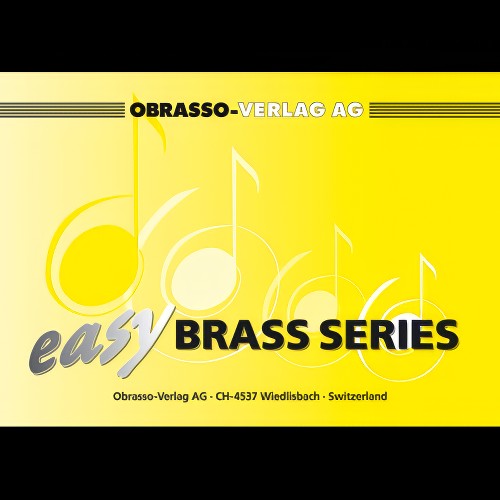 £50.90
£50.90Plaisir d'Amour (Cornet Solo with Brass Band - Score and Parts) - Woodfield, Ray
Slightly reduced Brass Band instrumentation (no rep cornet, no 2nd horn, no 2nd trombone part)
Estimated dispatch 7-14 working days
-
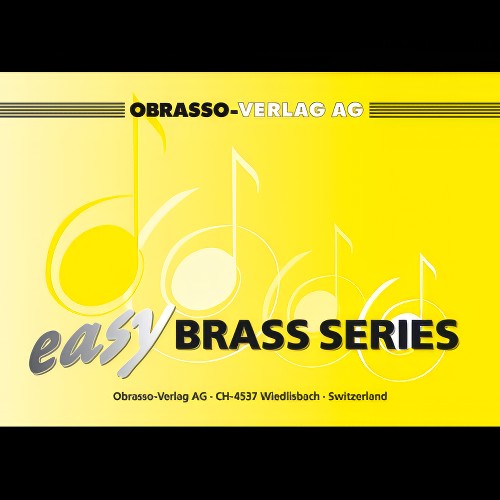 £54.20
£54.20Pop Classics (Brass Band - Score and Parts) - Woodfield, Ray
Slightly reduced Brass Band instrumentation (no rep cornet, no 2nd horn, no 2nd trombone part)Includes:Y.M.C.A.A Grovvy Kind of LoveCrocodile RockOne Moment In Time
Estimated dispatch 7-14 working days
-
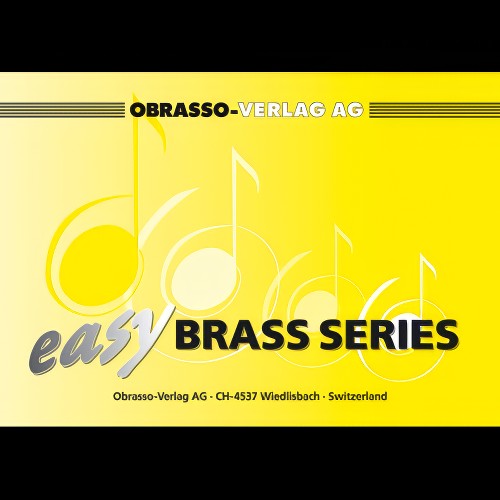 £50.90
£50.90Rock for a Croc! (Brass Band - Score and Parts) - Woodfield, Ray
Slightly reduced Brass Band instrumentation (no rep cornet, no 2nd horn, no 2nd trombone part)Includes:Rock Around the ClockSee You Later, Alligator
Estimated dispatch 7-14 working days
-
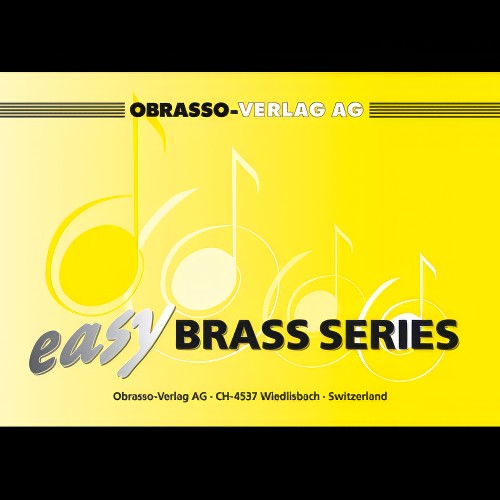 £47.60
£47.60Rolling in the Deep (Brass Band - Score and Parts) - Adkins & Epworth - Hume, Rob J.
Slightly reduced Brass Band instrumentation (no rep cornet, no 2nd horn, no 2nd trombone part)
Estimated dispatch 7-14 working days
-
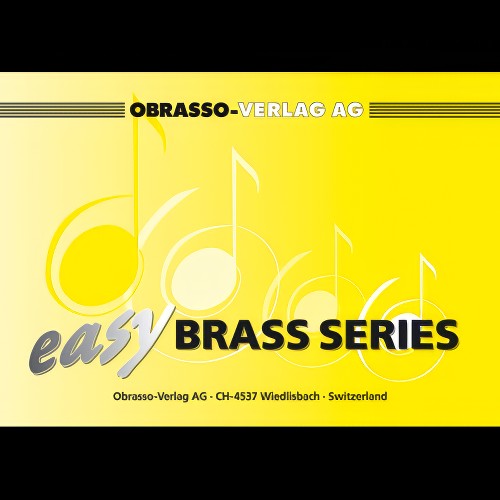 £47.60
£47.60Rule the World (Brass Band - Score and Parts) - Hume, Rob J.
Slightly reduced Brass Band instrumentation (no rep cornet, no 2nd horn, no 2nd trombone part)
Estimated dispatch 7-14 working days
-
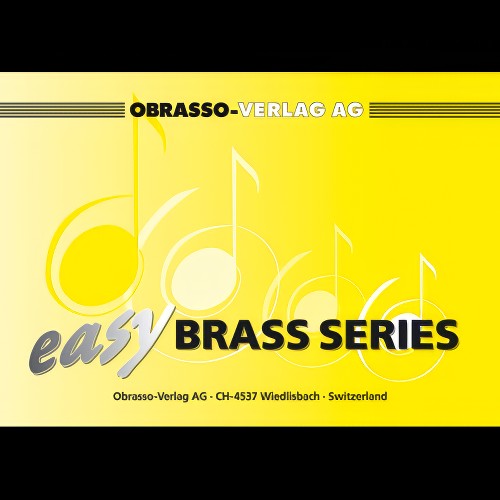 £50.90
£50.90Runaway Baby (Brass Band - Score and Parts) - Mars, Bruno - Hume, Rob J.
Slightly reduced Brass Band instrumentation (no rep cornet, no 2nd horn, no 2nd trombone part)
Estimated dispatch 7-14 working days
-
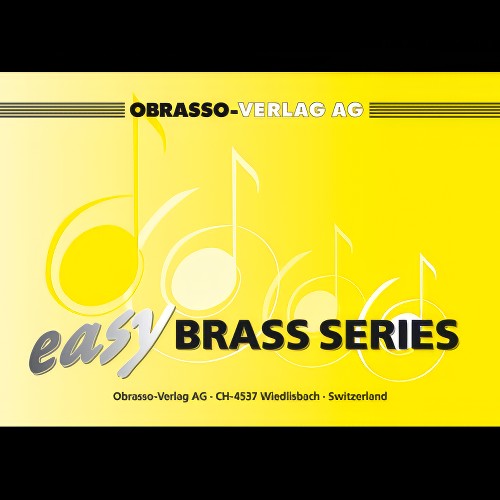 £50.90
£50.90Semplicette (Cornet Solo with Brass Band - Score and Parts) - Fernie, Alan
Slightly reduced Brass Band instrumentation (no rep cornet, no 2nd horn, no 2nd trombone part)
Estimated dispatch 7-14 working days
-
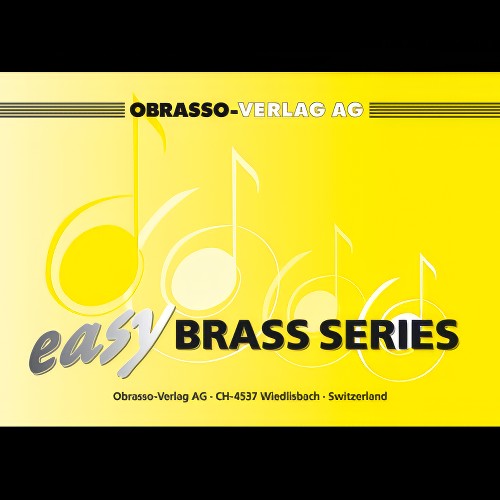 £50.90
£50.90Sgt. Pepper's Lonely Hearts Club Band (Brass Band - Score and Parts) - Lennon & McCartney - Hume, Rob J.
Slightly reduced Brass Band instrumentation (no rep cornet, no 2nd horn, no 2nd trombone part)
Estimated dispatch 7-14 working days
